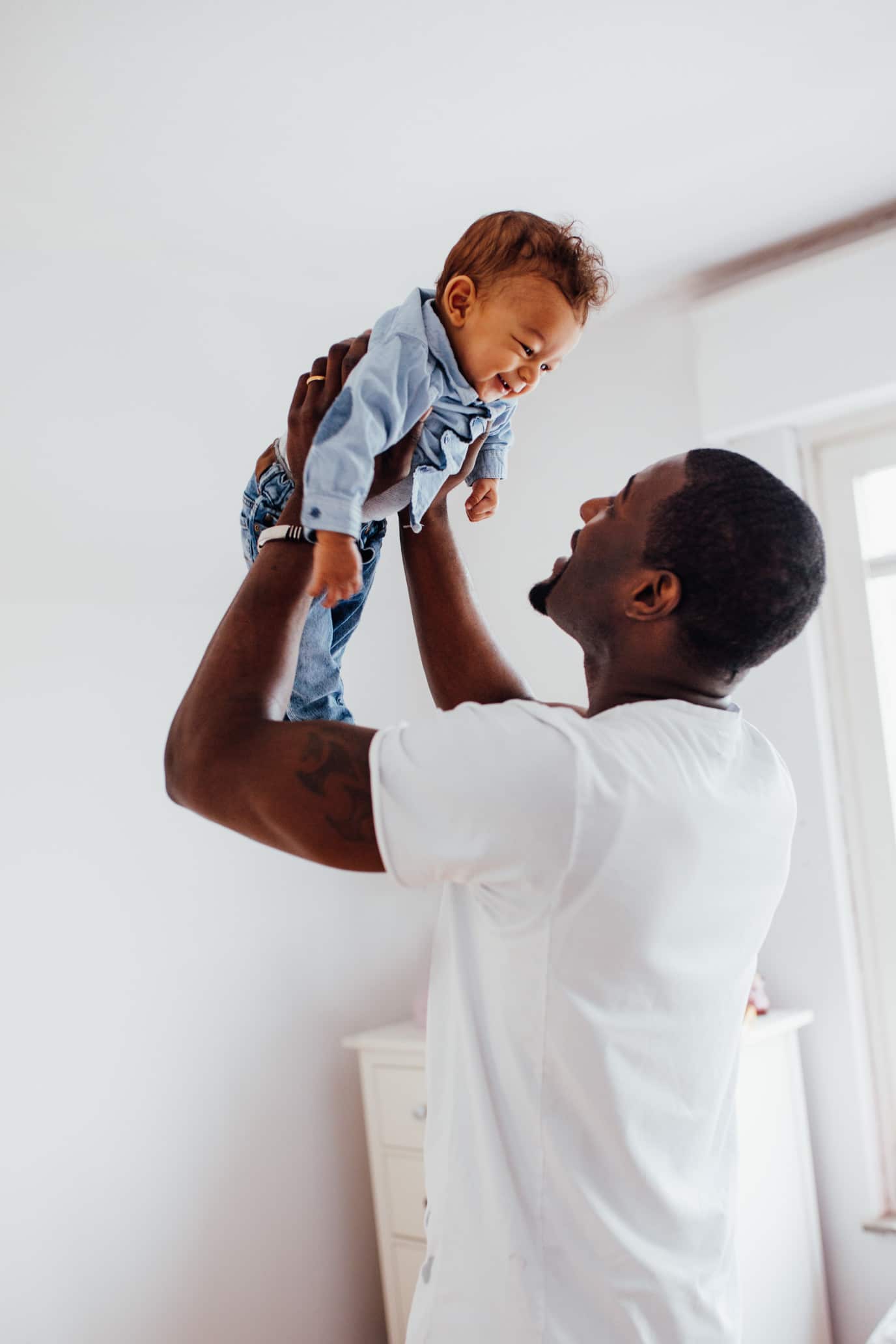When fathers in Spain were given more paternity leave, they wanted fewer children
Most dads in Spain have been getting two weeks of parental leave since 2007, and the amount was doubled to four weeks in 2017. In 2018, the dads got another extra week and more increases are expected.

What happens when men get paternity leave (and actually take it)? In America, most fathers take less than two weeks off after the birth of a child so there’s not enough information to draw any data, but in Spain when fathers got parental leave they started wanting fewer children.
As first reported by Quartz, most dads in Spain have been getting two weeks of parental leave since 2007, and the amount was doubled to four weeks in 2017. In 2018, the dads got another extra week and more increases are expected. It makes sense that the program will be expanded because it’s been super successful: Dads who take parental leave still go back to work, but are more engaged with their children, and the moms are more likely to get back to work because they have an engaged partner to help carry the load.
That’s what researchers found when they looked back on the data, but that also found something surprising: After taking parental leave, the dads in Spain now want fewer kids.
In a study published in the Journal of Public Economics researchers suggest the reason Spanish dads might want fewer kids now is because they’re more aware of how hard it is to bring up kids. At the same time, mothers started showing an interest in having slightly more children, suggesting that when the workload is more evenly shared, motherhood is more enjoyable.
There are a number of factors at play here, and it’s really impossible to say if the paternity leave policies are the only reason why Spanish moms and dads are rethinking the right number of children for their families, but we know this: Right now a lot of dads want to be doing more childcare, but feel like they can’t. At the same time, fathers are happier than mothers because when they do spend time with their kids, it’s more often on fun things.
A recent study out of the University of California Riverside found that dads are more likely to be playing with the kids while moms are more likely to be doing the “work” of raising kids. But as the Spanish data suggests, when dads are able to take the time to do some of the day-to-day stuff, both parents benefit.
It follows that parental leave for dads is good for fathers and mothers and babies. Dads don’t go back to work so early that they feel like they’re not really a parent, moms have support and a partner who truly understands the demands of parenting, and babies are healthier. We also know that when dads take leave they feel more engaged in fatherhood and infant mortality rates go down.
Other countries can’t copy and paste Spain’s paternity leave policy, but we can certainly learn from it when making our own.
[This post was originally published May 16, 2019.]
You might also like:
- These are the laws for maternity + paternity leave around the world
- Dove wants to give $5,000 to dads who don’t have access to paid paternity leave
- Wish list: for all dads to get Mark Zuckerberg’s paternity leave